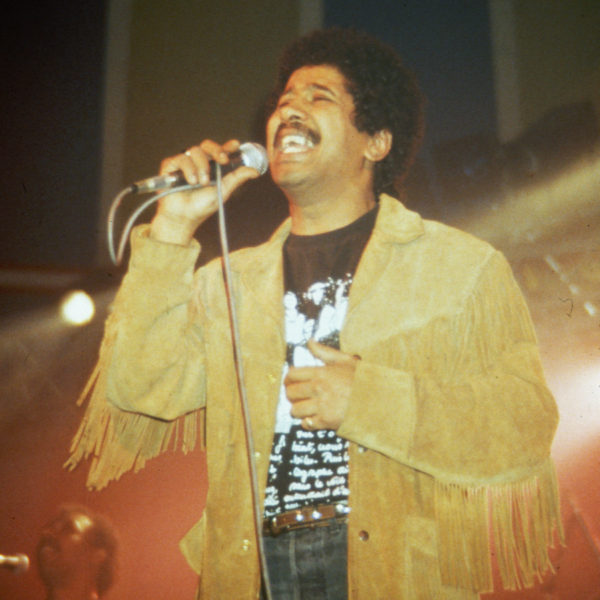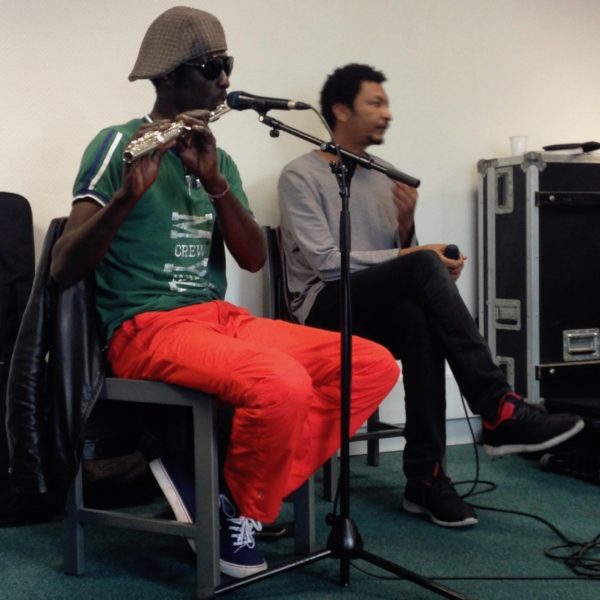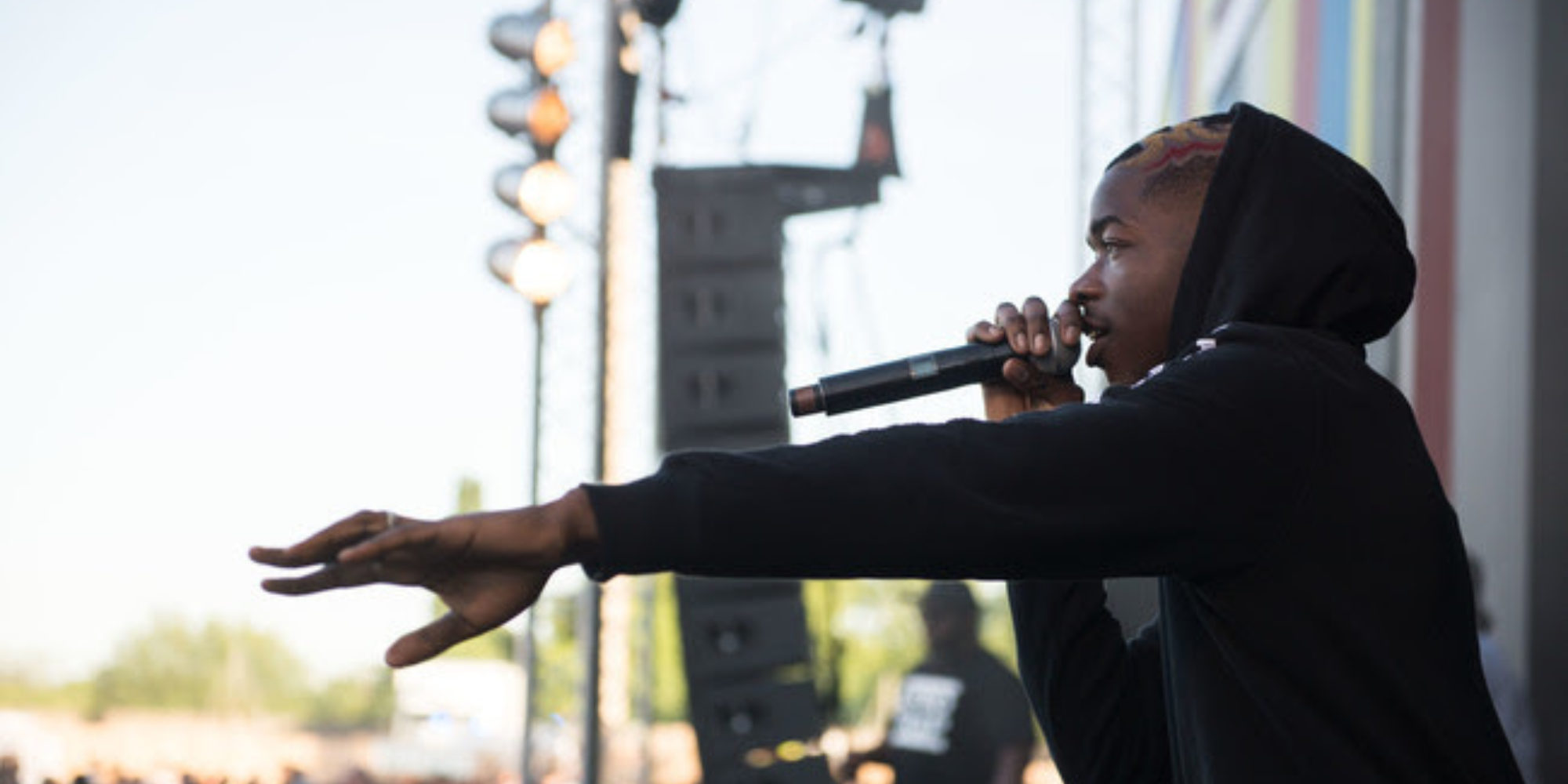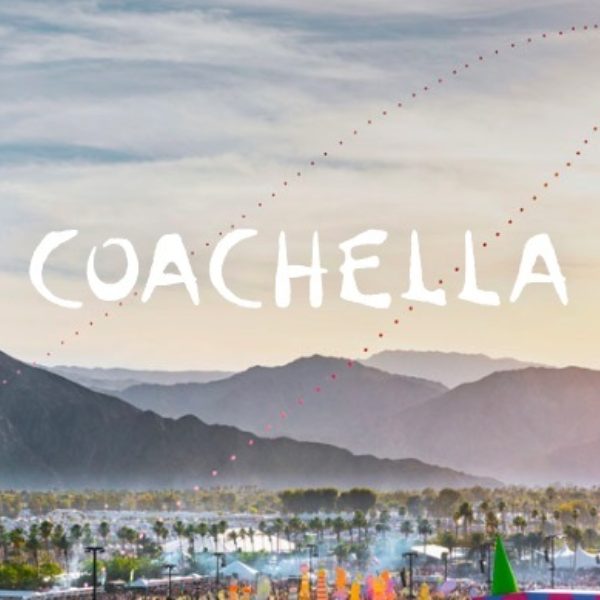From the opening track—with Salif Keita singing over a kora—to Wizkid’s guest spot, MHD reps an Afro-Paris while spitting over what he calls “Afro-trap.” The music never really sounds that much like American trap, but you can’t deny that MHD is uncompromising on the African part.
The rapper’s second album, titled 19, is a paean to his home in Paris’s 19th arrondissement, one of the French capital’s most diverse. Named Mohamed Diaby by his Guinean and Sengalese parents, MHD draws from the Afro-Francophone world and beyond. Guests on the record include Malian Keita and Nigeria’s Wizkid and Yemi Alade, as well as the British rapper-singer Stefflon Don, the Franco-Congolese singer Dadju and his fellow Frenchman OrelSan. The music is joyful, mostly laid back, especially when compared to its American trap counterparts. Slick guitar work and Africa-specific touches, like the lamellophone that opens the track “Bravo,” give this cosmopolitan album a grounded, rewarding sense of place.
For instance, after Salif Keita’s beautiful intro, MHD raps in on “Encore.” A thickly phased guitar—think Congo in the ‘80s—lurks under the beat until it takes the foreground with a descending arpeggio that seems to tighten as the song draws to a close. His vocals are noticeably processed like those of an Afrobeats rapper—like, say, Wizkid—but the instrumentation sets this album apart from the get-go. The track “Papalé” rides a clave-locked electric guitar for one of the friskiest cuts on the album’s hour-long run time.
Although the album has its share of slower tracks, like the laid-back “Bebe,” MHD every now and then hits the gas. “Afro Trap Pt. 10” brings in his Parisian crew, the Moula Gang, and the track projects that camaraderie. The chanted chorus and loping synthesizer hits wouldn’t sound all that out of place on a mid-'90s Jock Jam compilation—which I mean in the best possible way. MHD is an always-clever rapper, wrapping double entendres in his group’s Parisian slang, but on “Porsche Panamera” he finally translates that technical skill to speed and the track just screams “cross-over appeal.” His packed performance under a tent at Coachella certainly would lead you to believe that singing in French is no barrier to appealing to Anglophone audiences.
But maybe that’s not what the young rapper wants. A few days before the album dropped, and just five days after his 24th birthday, MHD took to Snapchat to announce that this album would be his last. The journey to fame appears to have taken its toll on him.
The album’s closer, the ballad “XIX,” covers the subject matter—not being able to judge who loves him for himself, Mohamad, or who only loves MHD. He’s grateful for the ride, but seems to think it’s time to get off.
Even if these two albums and smattering of guest spots and EPs is all we hear from him, MHD has put an Afro-Parisian stamp on this moment in international pop. He’s French and African without any contradiction, and we all knew eventually a French rapper was coming out with a song called “Oh La La La.” I’m glad it was MHD; that track slays.
Related Audio Programs













